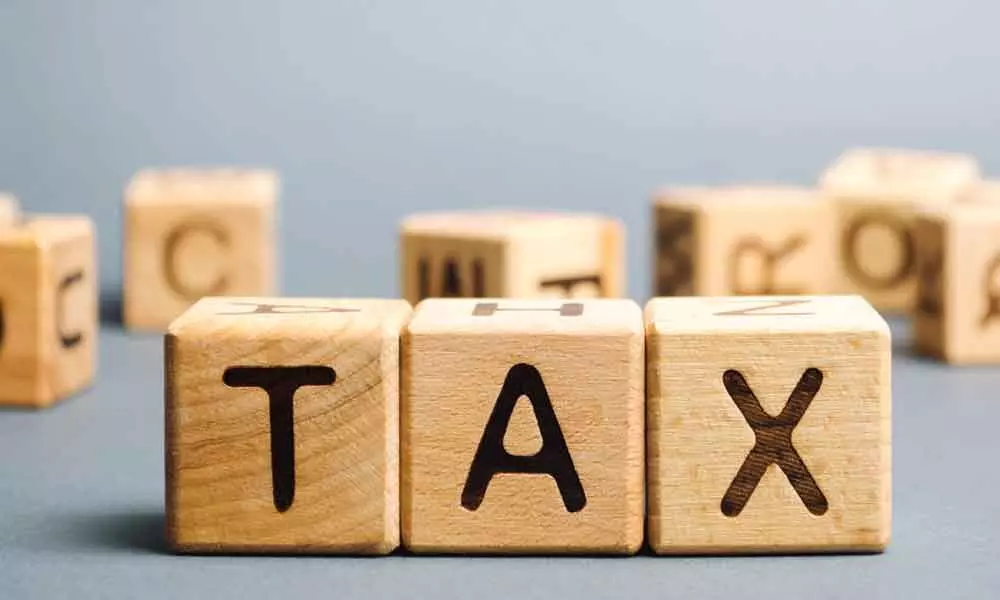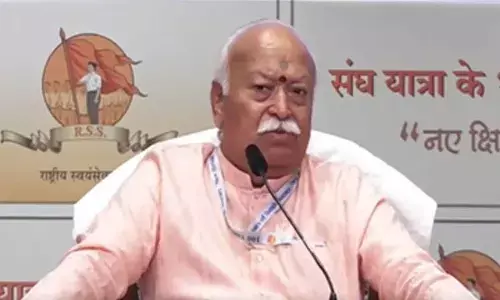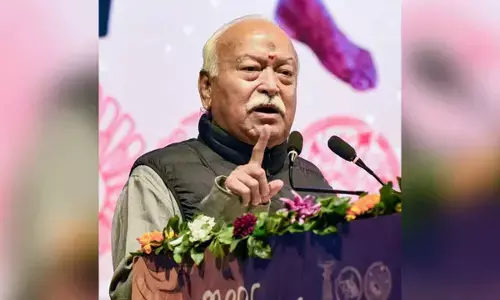Despite repeal of retro tax, India needs more reforms

Despite repeal of retro tax, India needs more reforms
The pursuit of taxes should not be at the cost of endangering livelihoods or the long-term growth of the economy
India has cut the Gordian knot in one stroke by revoking the contentious retrospective tax law passed in 2012. The law had created enormous complications including losing international arbitration cases and even the prospect of this country's foreign assets being acquired by multinationals.
The decision to withdraw it is welcome as it has resolved all these complexities such as the prospect of endless international legal battles in the foreseeable future.
Highlight
India has cut the Gordian knot in one stroke by revoking the contentious retrospective tax law passed in 2012. The law had created enormous complications including losing international arbitration cases and even the prospect of India's foreign assets being acquired by multinationals. One can only hope that this thoughtful approach will extend to other areas of economic reforms
The Bill revoking the retrospective tax legislation is on the verge of taking effect as it has already been passed by Parliament and is now awaiting the President's assent. The nine-year-old law that will now become history was aimed at taxing transactions conducted in the past involving transfer of shares in a foreign entity that had assets in India.
It enabled the government to go back as far as 1962 to reopen transactions and tax them retrospectively. With the new amendment, this will no longer be possible though future transactions will be subject to the existing tax provisions. What is even more significant is that the government will refund the money collected under the retrospective tax provision, though without interest. It will also undertake to withdraw all litigation and arbitration proceedings.
The two most high profile cases of retrospective taxation involve Vodafone Plc of the Netherlands and Cairn Energy of the UK, but there are 15 others including New Singular Wireless and WNS Capital.
The total refund to be given is estimated at 1.75 billion dollars. But the gain to the country's reputation of providing certainty and continuity of tax policies for foreign investors goes far beyond this amount.
The old adage, better late than never, applies aptly to this momentous decision. But the government has stretched the delay to extreme limits in this case. The move has come barely in time to reverse the damage done by the original policy.
What is intriguing is that the Modi government had made several categorical commitments to withdraw the retrospective tax provision when it came to power in 2014. The then Finance Minister Arun Jaitley had criticized the provision and the ruling party had even described it as tax terrorism.
Even then it has taken this government seven years to fulfil its original commitments. In the process it has had to go through several rounds of international arbitration in which India has repeatedly lost its case to carry out taxation in this manner.
In the case of Cairn Energy, the reluctance to hold negotiations and arrive at a compromise even after an arbitral panel at The Hague gave a ruling against India, created global ripples. The British company managed to obtain a ruling from a French court just last month enabling it to seize 20 Indian assets in that country valued at 20 million Euros.
This should have been a humbling lesson for the aggressive Indian tax authorities. Even in the case of the original target, Vodafone, the pursuit of higher revenues has not brought about any productive outcomes. The Netherlands – based company had acquired a majority stake in Hutchison Essar in 2006.
It was then asked to pay tax on this transaction in 2007 to the extent of Rs11,000 crore. Along with penalty, this went up over the years to roughly Rs22,000 crore. The dispute went up to the Supreme Court which held that the transaction was not taxable.
The UPA government subsequently passed the retrospective tax law in 2012 to overcome the legal objections. As a result, the revenue authorities ended up making tax demands on many more companies including Cairn Energy.
One of the possible outcomes of this long-delayed move could be a revival of the fortunes of Vodafone in this country. The heavy tax burden on the company had led to expectations in recent times that the company may ultimately have to withdraw from operations in India.
This would leave consumers in the country at the mercy of only two telecom majors, Airtel and Reliance Jio. A duopoly is certainly not in consumers' interests as it will stifle competition and create a situation of dominance in the market.
While it would be premature to make any predictions, it is likely that some of Vodafone's current financial distress would be relieved now, making it easier for it to survive as the third major telecom entity in this country.
This entire episode, stretching over the last nine years since the retrospective tax legislation was passed, should make the government pause and review its entire tax policy. The tax terrorism of the UPA government did not end with the advent of the NDA.
In fact, it continued the process of relentlessly seeking to raise taxes without taking the larger context into account. In the past, this has led to the closure of the Nokia plant in Tamil Nadu and the loss of livelihood for hundreds of workers and their families.
Similarly, the closure of Vodafone would have had serious adverse repercussions on thousands of employees apart from the adverse impact on competition in the telecom sector.
The pursuit of taxes should not be at the cost of endangering livelihoods or the long term growth of the economy.
It is to the credit of the Modi government that it conceded that a mistake was made and moved ahead to correct it. One can only hope that this thoughtful approach will extend to other areas of economic reforms.














